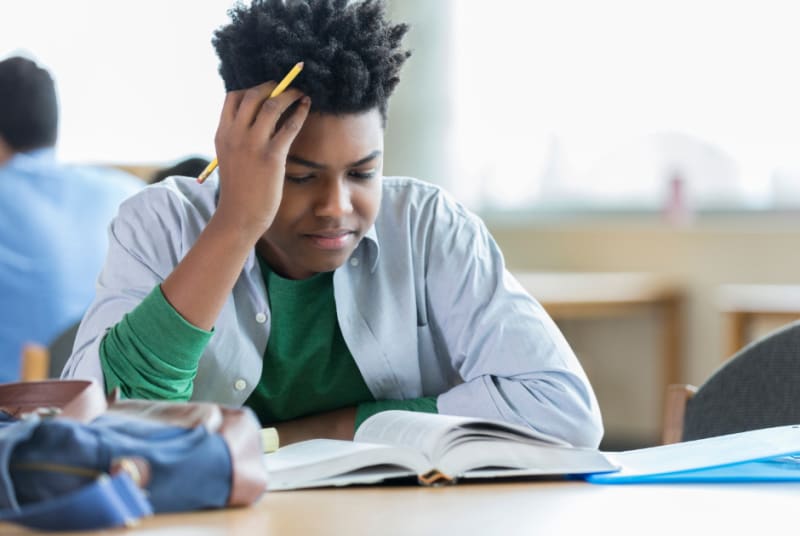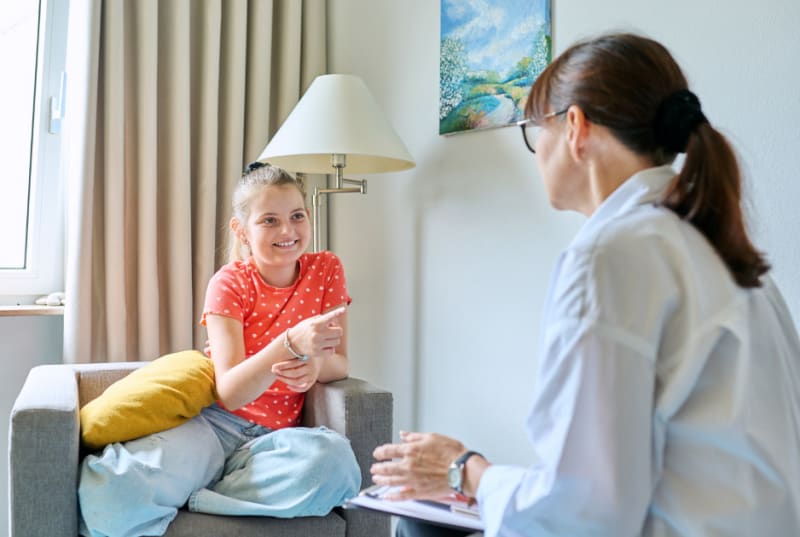“While as adults, we are often familiar with the notion of burnout at work and how that looks and feels, we don’t always think about it when it comes to kids,” says Dr. Lila Hakim, C. Psych., a clinical psychologist and co-founder of the Centre for Interpersonal Relationships (CFIR-CPRI). CFIR-CPRI is a private practice focused on mental health treatment and assessment, with over 65 clinicians offering in-person and virtual services. “What parents should be asking themselves is how do I help my child strive for balance in their activities? How do I provide a range of experiences without pushing too hard?”

For children with specific needs, things can get more complex. The goal is to balance the activities children enjoy and excel in with the necessary support in areas where they may struggle. “For my children who are both diagnosed with dyslexia, I am happy to see them engaged in the activities they love, and I also don’t want them to avoid things that are challenging. I find many parents share this sentiment,” says Hakim who works with parents at CFIR-CPRI's Toronto, Ottawa, and St. Catherine's offices.
CFIR-CPRI provides therapy, coaching, and psychological and educational assessments for families looking to support their kids. Whether it’s tutoring, extra help at school, or other support programs, students often gain self-esteem and confidence when they see improvements in areas they find difficult. The key to balance is prioritizing these areas while allowing kids the time to also engage in the activities that make them feel their best.
“We often find that assessments are really helpful when you’re looking to better understand how your child’s brain works,” Hakim says. “Sometimes it’s a huge relief when you both know what’s going on and you can begin to support your child in ways that really work.”
Beyond all of the extras kids are enrolled in, there’s also screentime—phones and video games—which tend to occupy a lot of the remaining time in a child’s schedule. “Allowing screentime to become a child’s only downtime can be exhausting for them,” explains Hakim. “Screens can be extremely taxing and often result in hyper-stimulation. When your downtime is over-stimulating, you’re not actually getting downtime.”
While some kids absolutely thrive when they’re busy and can juggle multiple priorities successfully, including school work, others may require an adjustment to their schedule to feel more centred.
So how do you identify if your child is doing too much and what can you do about it? “I often suggest that parents look for signs of burnout or exhaustion, which can include sleep disturbances or difficulties, eating disruptions such as impulsive eating, an increase in unhealthy eating or avoiding meals, and finally, shutting down, avoiding activities and/or school, and interpersonal withdrawal,” Hakim explains.

While many of these might mimic the signs of anxiety or depression, they may also be related to over-functioning or exhaustion. When it comes to a child who’s feeling maxed out, there’s a lot parents can do to offer support. Sometimes seeking outside help from a therapist or other professional can also make a huge difference.
Hakim recommends parents really think about the questions they ask when they’re looking to assess their child. “Instead of asking our kids how they did at a task, or an event, or a program, consider asking how something felt, did they have fun, did they feel good doing it,” she advises. “Instead of focusing on behaviours and outcomes, we want to shift the query to experiences, go past the performance piece and ask them how they’re feeling about it, try to tune in to their inner world.”
While all kids may struggle with self-doubt at times, a child who is exhausted might consistently sound demotivated, stressed out, or negative. “You’ll hear things like, ‘I’m terrible at school, I’m terrible at sports, I don’t want to do it,’ and this will come even when a child is performing well,” Hakim says. “This ‘self-esteem talk’ generally comes in waves of feeling okay about oneself and not. If the negativity doesn’t go away, you might want to think about your child’s balance of activities and how things can be adjusted.”
To achieve more balance, parents might consider scaling back, taking temporary breaks from certain activities, and enlisting the support of coaches, therapists, or teachers. Regulating sleep and making sure kids are getting enough also helps a lot. “One of the best things you can do as a parent is to schedule unstructured time with someone they trust and feel connected to,” says Hakim. “Take a little time to allow them to feel bored with you around, to be without screens, and to have to figure out what to do to entertain themselves. Allow them the freedom to use their imaginations and make this a regular part of their week.”
When a child is experiencing more balance in their different tasks and activities, parents can often see that reflected in their child’s self-esteem. They’ll exhibit a sense of control and confidence more of the time. They’ll come across as happier and more regulated overall. With the right support in place, kids can manage a variety of activities and enjoy doing so. The key is to pay attention and know when things are becoming overwhelming. “In a culture where being busy is considered a good thing, and achievement is often the measure of success, it’s really important to keep a close eye on our children, to monitor how they’re experiencing things and feeling, how they’re coping, how they are managing within their capacities, and when they might need a break,” says Hakim.













